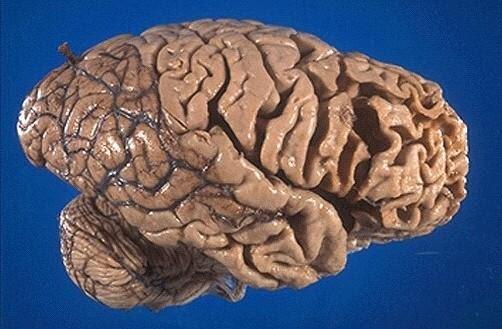In a groundbreaking development, a smartphone app may hold the key to advancing treatments for individuals under the age of 60 who suffer from frontotemporal dementia (FTD), a debilitating neurological condition that frequently emerges in midlife.
Clinical research on FTD has faced challenges due to difficulties in early detection and monitoring treatment responses during the initial stages of the disease. To tackle these obstacles, a team of researchers at UC San Francisco conducted a study utilizing cognitive tests administered through a mobile app. The study revealed that the app could identify early indicators of FTD in individuals genetically predisposed to the disease but not yet displaying symptoms, with the tests proving to be as effective as traditional in-clinic neuropsychological evaluations.
The findings of the study, published in JAMA Network Open, hold significant promise for the FTD research landscape. With over 30 clinical trials either underway or in planning stages, including one potentially groundbreaking drug aimed at slowing disease progression in certain gene carriers, the researchers anticipate that the innovative mobile technology will streamline and accelerate their work.
Dr. Adam Staffaroni, the lead author of the study and an associate professor at UCSF specializing in clinical neuropsychology, envisions the app’s future role in monitoring treatment efficacy, potentially reducing the need for numerous in-person visits to clinical trial sites.
Frontotemporal dementia is the leading cause of dementia in individuals under 60, with a substantial portion of cases having genetic roots. The disease presents in three primary variants, each with distinct symptoms ranging from personality changes to cognitive impairments. Patients with FTD, similar to those with Alzheimer’s disease, are most responsive to intervention during the early stages of the condition, emphasizing the critical importance of timely diagnosis and treatment initiation.
The extensive data gathered through the app, including voice recordings and movement patterns, has paved the way for the development of novel tests aimed at enhancing early diagnosis and symptom monitoring. Collaborating with Datacubed Health, the software company behind the app, the researchers integrated tests assessing executive functions and physical capabilities to provide a comprehensive evaluation of FTD progression.
The potential for the app to revolutionize FTD research and treatment outcomes is underscored by ongoing efforts to explore gene and other therapies, such as antisense oligonucleotides (ASOs), targeting specific protein abnormalities associated with the disease.
While the app is not currently slated for public release, its impact on research advancement and clinical trial efficacy is substantial. Dr. Staffaroni highlights the significance of utilizing smartphone assessments to establish robust outcome measures that can effectively gauge treatment effects in the early stages of FTD, fostering new avenues for therapeutic discoveries and interventions.
*Note:
1. Source: Coherent Market Insights, Public sources, Desk research
2. We have leveraged AI tools to mine information and compile it




